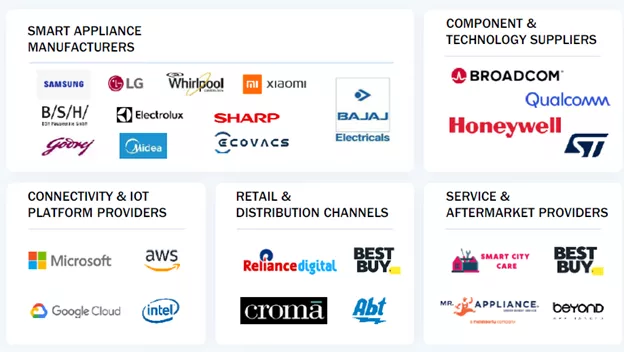The global battery
market for IoT is estimated to grow from USD 9.2 billion in 2020
to USD 15.9 billion in 2025; growing at a CAGR of 11.6% from 2020 to 2025. The
major factors driving the growth of the market are multi-fold rise in the use
of IoT and increase in the adoption of IoT-enabled devices, increase in global
demand for wireless communication, the surge in R&D activities to develop
advanced, flexible, and thin batteries, and rise in demand for thin and
flexible batteries used in IoT-enabled devices.
Download PDF
Brochure:
Lithium batteries projected to
hold largest share in battery market for IoT during forecast period
Lithium batteries have a plethora of applications in IoT devices
such as wearables, home automation devices, retail, aerospace, and defense.
Moreover, a feature such as high energy density is a key factor complementing
its growth among other batteries.
Battery Market for primary
batteries is expected to grow at highest CAGR during forecast period
Primary batteries are used in products that do not require high
power and have a limited lifespan. These batteries are witnessing increasing
applications in areas such as smart packaging, smart cards, home automation,
retail, and medical and cosmetic patches, as they have low self-discharge time
compared to rechargeable thin-film batteries. Therefore, the market for primary
batteries is expected to grow at the highest CAGR during the forecast period.
Battery Market for IoT in North America accounted for largest
size of market in 2019
The North American region is a key market for
batteries used in IoT-enabled devices as it is home to some of the largest
multinational corporations such as Intel (US), Texas Instruments (US), and
Cisco Systems (US) that are key IoT enablers. Additionally, a number of North
America-based companies are developing batteries for use in wearable devices,
smart packaging, smart cards, medical devices, and wireless communication
systems. The increasing demand for wearables and medical devices is a key
factor driving the growth of the battery market in this region.
Advancements in the packaging industry in North America have led
to the integration of smart sensors, RFID tags, and smart labels in packages.
Smart packages use printed thin batteries. The rise in the demand for smart
packaging is expected to drive the growth of thin-film and printed batteries
segments of the battery market for IoT in North America. The increased
penetration of IoT in medical devices and the miniaturization of wireless
devices are expected to increase the demand for thin-film and printed batteries
in North America.
Request More Details
on:

No comments:
Post a Comment